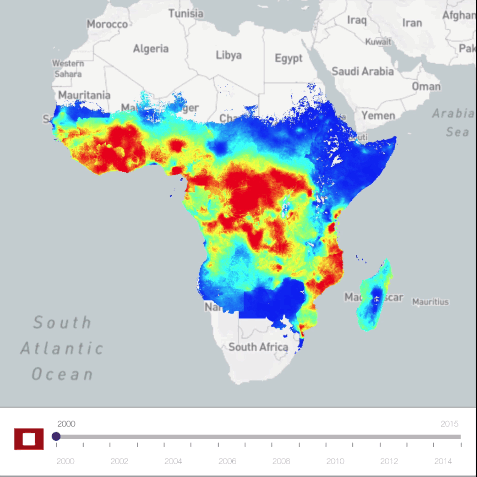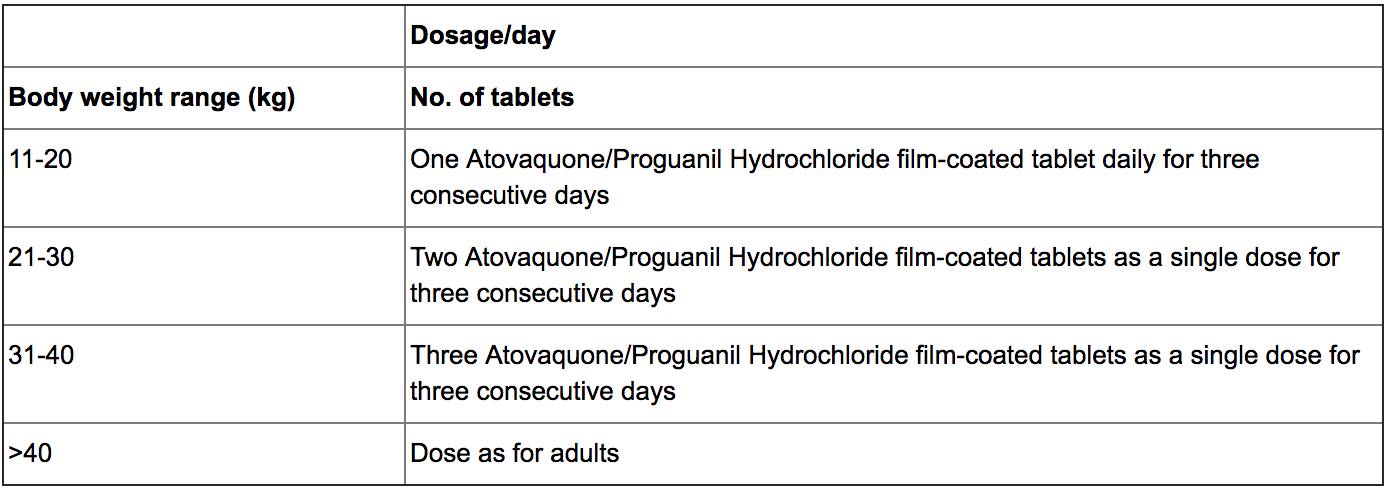Malaria PGD
| Malaria is a disease which is prevelant in South America, Sub Saharan Africa and South East Asia. Within the past decade, through a use of chemoprohylaxis and mosquito eradication there has been a 29% reduction in malaria mortality rates globally. Sub-Saharan Africa continues to carry a disproportionately high share of the global malaria burden. In 2015, the region was home to 90% of malaria cases and 92% of malaria deaths. |  |
HubNet.io offers a Malaria Chemoprophylaxis PGD which enables registered healthcare professionals (non-prescribing pharmacists and nurses) to supply three different medicines for the protection against malaria, these include:
- Doxycycline 100mg capsules
- Dose: Adult dose is 100mg daily. One or two doses should be taken before departure. It should be continued throughout exposure and for 4 weeks afterwards.
- Note: Contraindicated in children under 12, pregnant women, sun burn may occur due to sunlight photosensitivity; sunscreens are important and if severe alternative antimalarials should be used.
- Mefloquine 250mg tablets
- Dose: One dose should be taken a week before departure and it should be continued throughout exposure and for 4 weeks afterwards, however three (3) doses at weekly intervals prior to departure are advised if the drug has not been used before - this can detect in advance those likely to get side effects so that an alternative can be supplied.
- Atovaquone 250mg - proguanil 100mg tablets
- Dose: Commence 24 or 48 hours prior to entering a malaria-endemic area, One Atovaquone/Proguanil Hydrochloride tablet daily.
- Atovaquone 62.5mg - proguanil 25mg (Paediatric) tablets
- Dose is based on weight please see below.
- Atovaquone 62.5mg - proguanil 25mg (Paediatric) tablets
- Dose: Commence 24 or 48 hours prior to entering a malaria-endemic area, One Atovaquone/Proguanil Hydrochloride tablet daily.

A brief summary of Malaria Chemoprophylaxis.
Between 2000 and 2015 the global incidence of malaria decreased by 37% overall, with the majority of cases in 2015 occurring in the WHO Africa and Asia regions. Never the less, the Health Protection Agency (HPA) figures for 2013 showed that of cases of malaria imported into the UK, 1,192 were due to Plasmodium falciparum, 179 were due to P. vivax, 78 to P. ovale and 39 to P. malariae. There were seven deaths.
Anti malarial’s or chemoprophylaxis of malaria can reduce the patients chance of contracting malaria by about 90%. The patient should be reminded that no malaria prevention tablets are considered 100% effective. The choice of which antimalarial to choose is based upon:
- Where the patient is going - there is resistance to quinine derivatives in different parts of the world.
- The Patients Medical history - including any allergies to medication, patients could be allergic to tetracyclines and other antimalarials.
- Any relevant family medical history - for instance, if the patient has a history of epilepsy quinine derivatives would not be recommended.
- Duration of stay - for instance, mefloquine is licensed for one year's continuous use in the UK.
- Whether the patient is pregnant - for instance, doxycycline should not be taken.
- Patients age - for instance, doxycyline should not be taken by children.
Malaria PGD Training
Our training materials have been created by practicing pharmacists working in community pharmacy.
Hubnet is an online pharmacy information system. We intend to provide healthcare professionals with an online ecosystem to allow for better communication between each other and their patients. Protected by law, the data you enter into this site remains your intellectual property and cannot be used by us. Our goal is to enable you to do more, if you like it you can subscribe for more!
